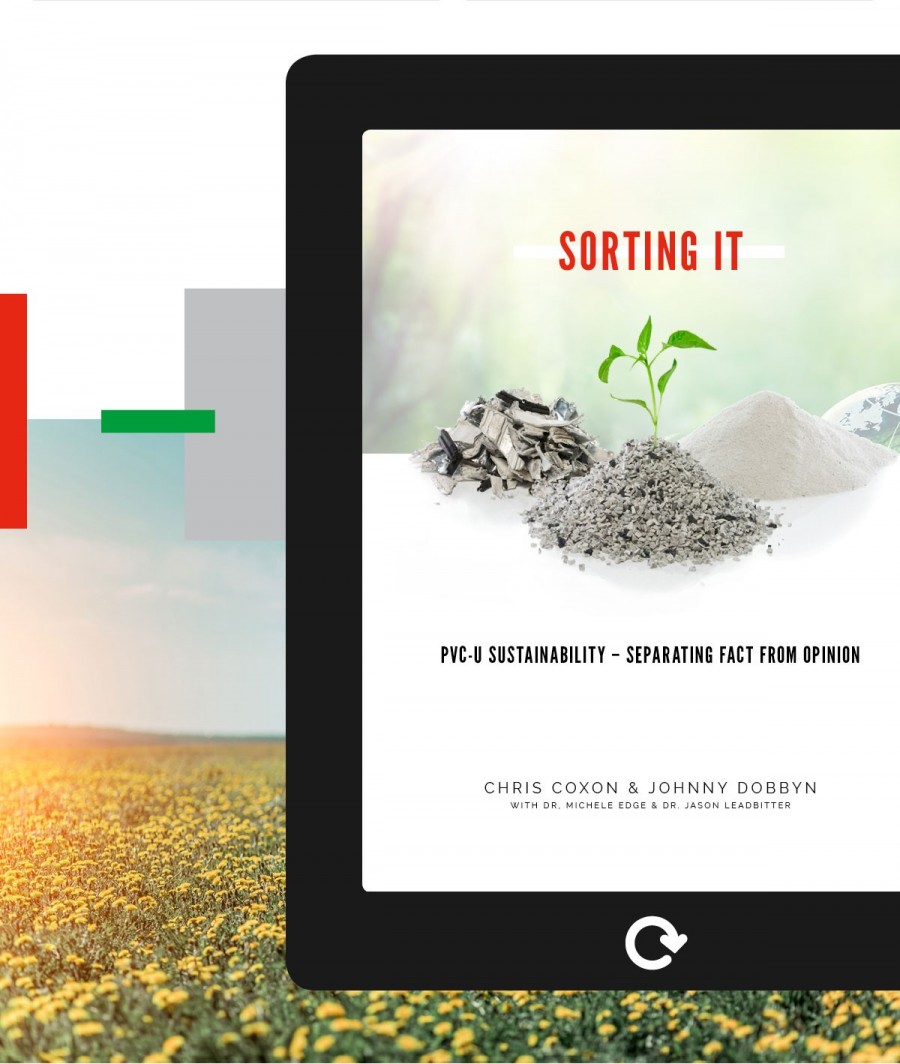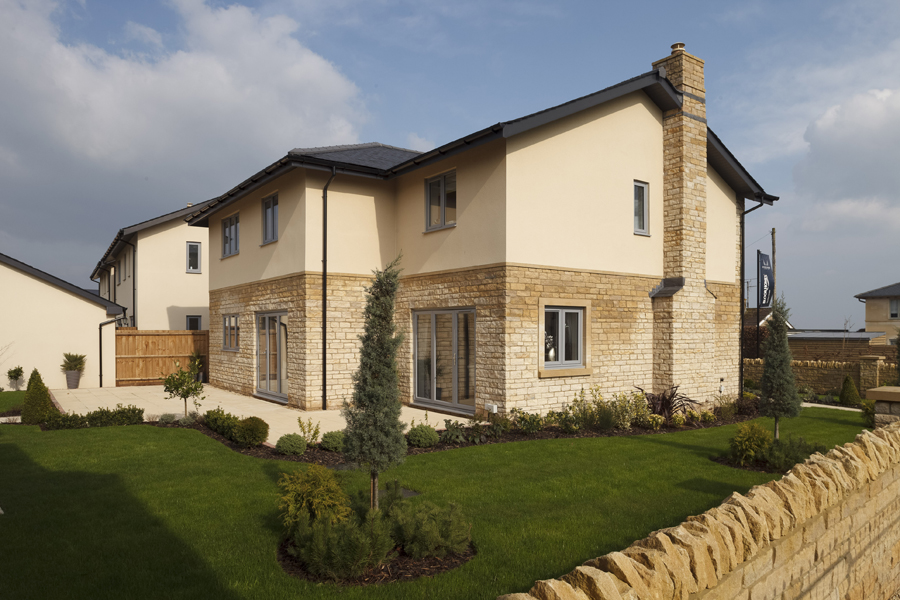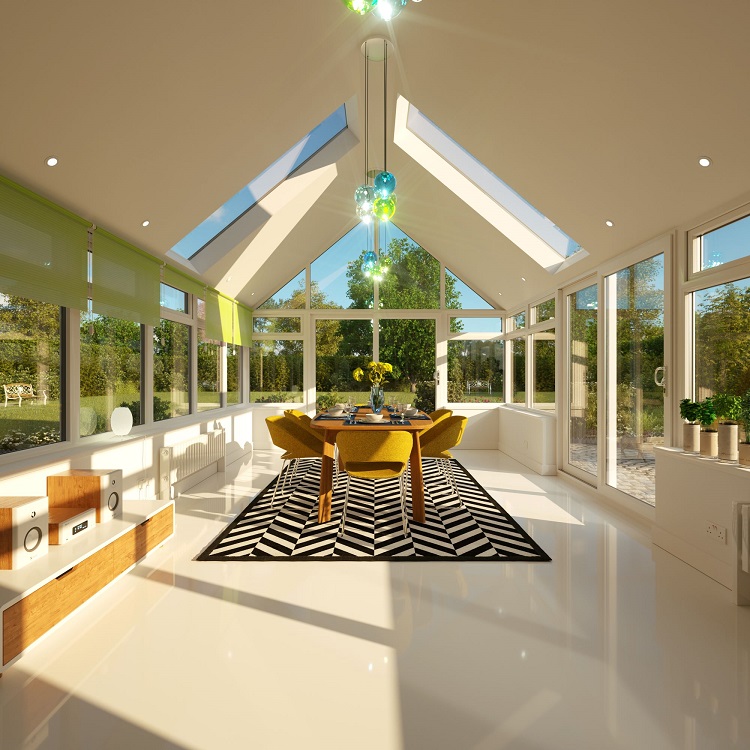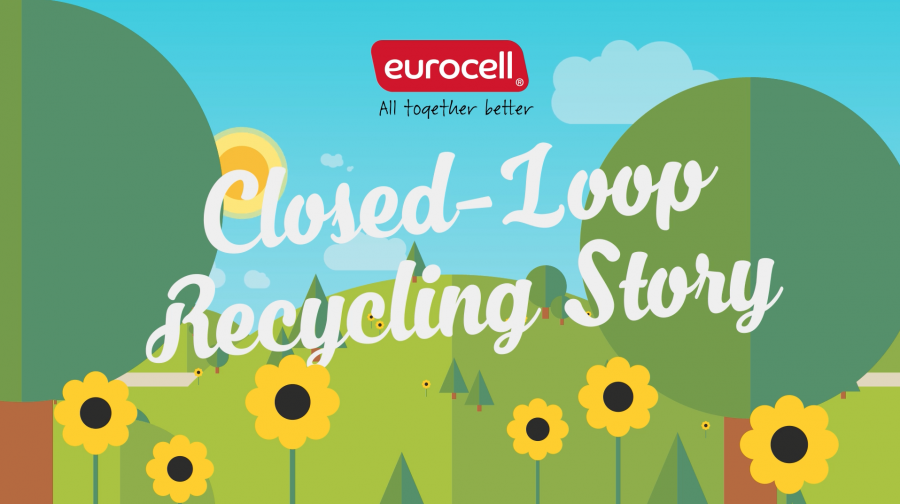Addressing the misconceptions surrounding PVC-U
Climate change has dominated the news agenda recently, with controversial Extinction Rebellion protests shutting down parts of London and activist Greta Thunberg’s impassioned actions on the world stage mobilising an entire generation of school children to strike.
The environmental impact of plastic, in particular, has been subject to countless public campaigns demanding an end to single use products. But what does that mean for the use of PVC-U as a durable, long-term building material?
Negative press surrounding single-use plastics has led to an assumption that all iterations of the product are as bad for the environment as each other. Over-packaged food in supermarkets, for example, and plastic-lined coffee cups are – quite literally – used once and thrown into landfill, where they take millennia to decompose (if at all.)
However, not all plastic is created equal. There is a common misconception that PVC-U is non-recyclable. In fact, it is a material that can have its lifetime significantly extended to help reduce waste. Let’s look at this in more depth.
The science behind it
PVC-U is made of two core ingredients; polyvinyl chloride and ethylene. The polyvinyl chloride comes directly from salt while ethylene is a by-product of oil. Crucially, this doesn’t contain plasticised chemicals and instead, modifiers and filers are used to make the material hard and durable.
As a result of scientific behaviour changes, for the first four-five times PVC-U is recycled, it actually gets stronger by up to 6%. This means that PVC-U can be re-processed and re-used to manufacture products of equal quality, creating an ‘upstream’ recycling process. What’s more, each PVC-U product can go through this process up to 10 times. The average lifespan of a PVC-U window profile in a home is 35 years, so following a robust recycling process can extend this to a staggering 350 years.

Setting the record straight on PVC-U
If we allow the misconception that PVC-U is not environmentally-friendly to remain prevalent, the construction industry will be missing out on a huge opportunity.
Our recent Future Homes report found that more than half (52%) of consumers aged 25-40 said it was either somewhat or very important that their home is made using environmentally-responsible materials. Educating all stakeholders about the potential for PVC-U to create a more sustainable sector is therefore of critical importance; not just for the future of our planet but for the future of the built environment sector, too.
Taking action
Over the past 10 years, we have invested around £10 million in developing PVC-U recycling capabilities at our state-of-the-art recycling plant, which has saved well over 60,000 tonnes of end-of-life PVC-U ending up in landfill. We offer a free pick-up service that utilises our existing fleet to return end-of-life frames to our recycling plant in Derbyshire. Installers are able to drop off their used frames at two drop off centres across the country. We’ve also manufactured eight product ranges from recycled PVC-U.
Moreover, we think it’s vitally important to highlight the benefits of PVC-U as a sustainable material. That’s why we created ‘Sorting It: A guide to PVC-U Sustainability - Separating fact from fiction.’ The eBook, which is available to download for free, includes information about PVC-U’s sustainability credentials that may surprise, reassure and interest you in equal measure.
Ultimately, we all have a role to play when it comes to safeguarding the environment. But it’s of particular importance in the construction sector, which is amongst the worst for sending waste to landfill. That’s why, as a responsible manufacturer, we are leading by example – and will continue to do so in future.











